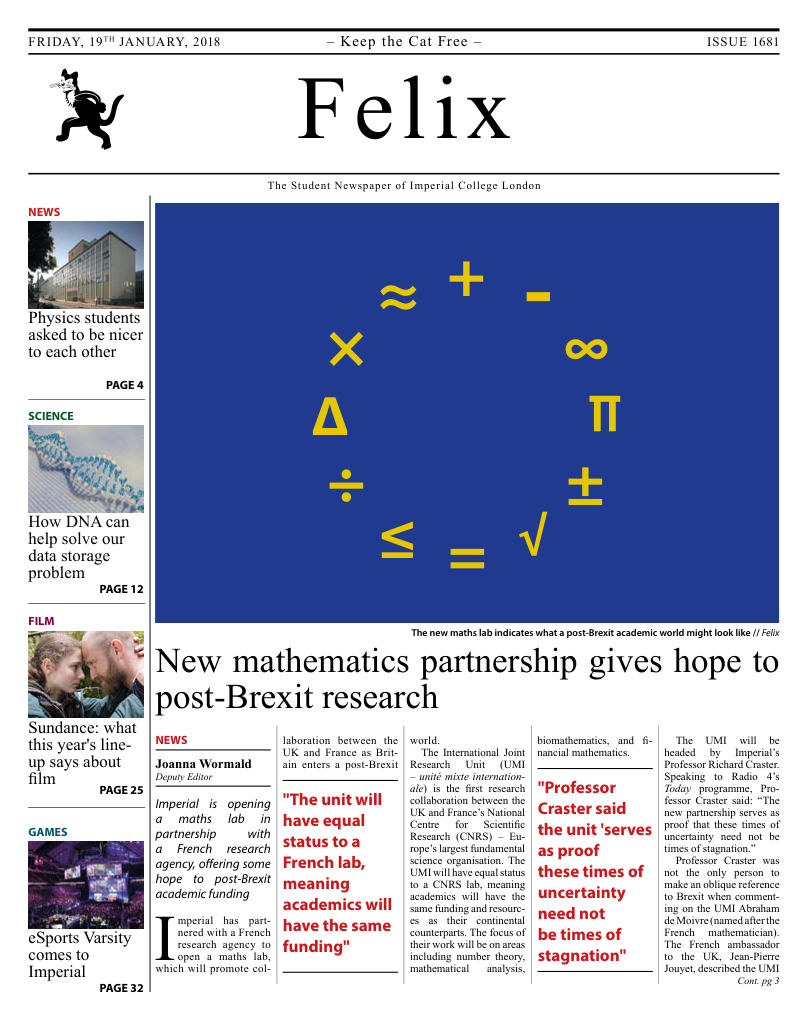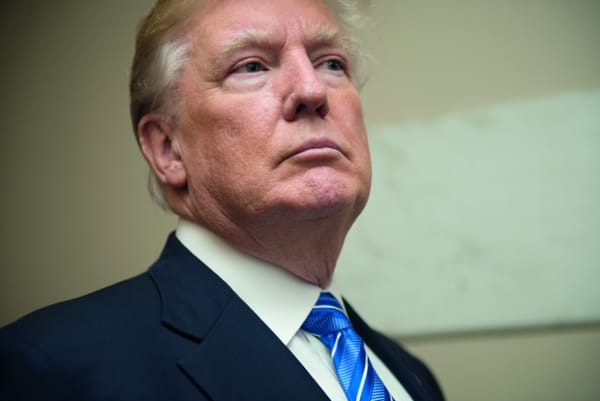Why faith schools are just grammar schools by another name
The government has committed to remove the cap on selecting students by faith, so faith schools are poised to make a comeback, but they have the same problems as grammar schools.

Faith schools are about to become a major topic of conversation in UK politics. The new education secretary, Damian Hinds, has committed to remove the 50% cap on the number of students belonging to a certain religious denomination at a school. It is thought that this would benefit primarily Catholic schools, due to elements of Canon law that prevent Catholic schools from turning potential Catholic students away. Therefore, there have been no further openings of any other Catholic schools in protest at this law. A Department of Education spokesman stated that the reason the cap should be scrapped is due to the fact that Catholic and CofE schools consistently perform at a higher level than other schools. It is worth pointing out that the same cannot be said for Muslim and some Jewish schools of which there have been new openings since the 50% cap was introduced 10 years ago…
In opposition to this proposal are the previous education secretary and Ofsted, who have stated that by allowing schools to select 100% of their intake by faith it will not only deny parents access to good local schools, but will also lead to increasing segregation that has been nicknamed “education apartheid.”
Personally, as an atheist, I am totally opposed to faith schools in general, as I do not believe that faith should play any part in the running of a state. Faith, in my opinion, should be a deeply personal thing that you do not project onto others and therefore is not present in the running of schools or the selection of pupils for schools. That does not mean to say that I rule out encountering religion in a school environment – in fact, I positively encourage it – but it should be taught in such a way as to be totally impartial and discuss the social moral and ethical implications of each religion separately.
If I was being radical, then a further proposition I would make would be to prevent children from practicing religion until they are old enough to adequately understand it. I believe that certain variants of faith foster an unhealthy and backward view of the world that is not productive in today’s society. If Theresa May is serious about ensuring that British values are at the core of the curriculum then she will have to address the fact that many variants of faith today do not embrace these values. Therefore it seems counterproductive on her’s and the government’s part to take this step, but this probably stems from a lack of clear ideas on exactly what British values are and what they stand for, due to the divisive nature of the idea of British values.
“The push towards faith schools is due to the pushback against grammar schools”
I imagine instead that the main reasons for the push towards faith schools is purely due to the pushback on grammar schools. Theresa May went into government with the grand plan to expand grammar schools throughout the nation, because she believes that they encourage social mobility despite all evidence to the contrary. However, the implications of encouraging grammar schools have solely resulted in a large scale failure to better provide social mobility or higher quality education for people in the area, often resulting in extra provision in areas that did not require it, leaving the state of chronic underprovision in other areas unresolved. It also did not help that there was significant stigma attached to grammar schools from when the decision was made to abolish them, which made the proposal more unpopular.
I believe that the motivation that Theresa May has for pioneering faith schools is under the mistaken belief that they will benefit pupils by providing a higher quality of education without acknowledging the role a highly selective intake plays in ensuring how good a school is, similar to the way a grammar school works. When she makes this assumption that a better quality of school would provide a significant amount of social mobility fails to factor in that the majority of Catholic parents are likely to have significant social advantages and thereby the cause of social mobility would not be advanced. Then again May may not care about social mobility, and instead about catering for the needs of Conservative voters, who have pushed for these selective schools that are solely beneficial to them.
It may also be the case that this is being carried out in order to appease certain more conservative members of her party, such as Jacob Rees-Mogg, who has spoken out against the 50% limit. In light of the current difficulties with Brexit, it may be seen as a sop to those members of her party dissatisfied with the current negotiations, appeasing them with more safely right wing policies.
The idea of education as the battleground makes sense from an election point of view, as it will strengthen May’s appeal to her Conservative base and those most affected by it will be least likely to vote. It also allows for the creation of a quasi-grammar school system without the massive opposition, as there is significantly less opposition to faith schools, which are accepted as a key element in the British landscape. The opposition is likely to come from less popular people such as intellectuals, humanists, and atheists such as myself, and with everyone concentrating on Brexit and an ineffectual opposition it is likely that this policy will go through relatively unchallenged.
It is only by resisting policies such as this that social mobility can be achieved. Otherwise this is the perfect crime against the children of the future.









